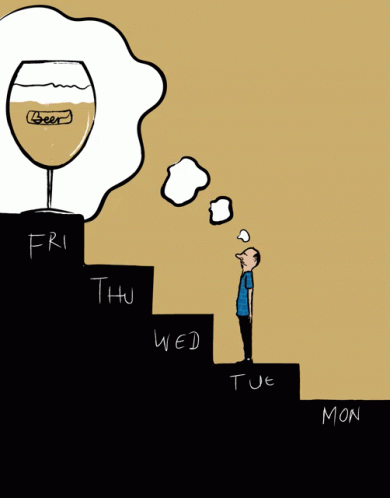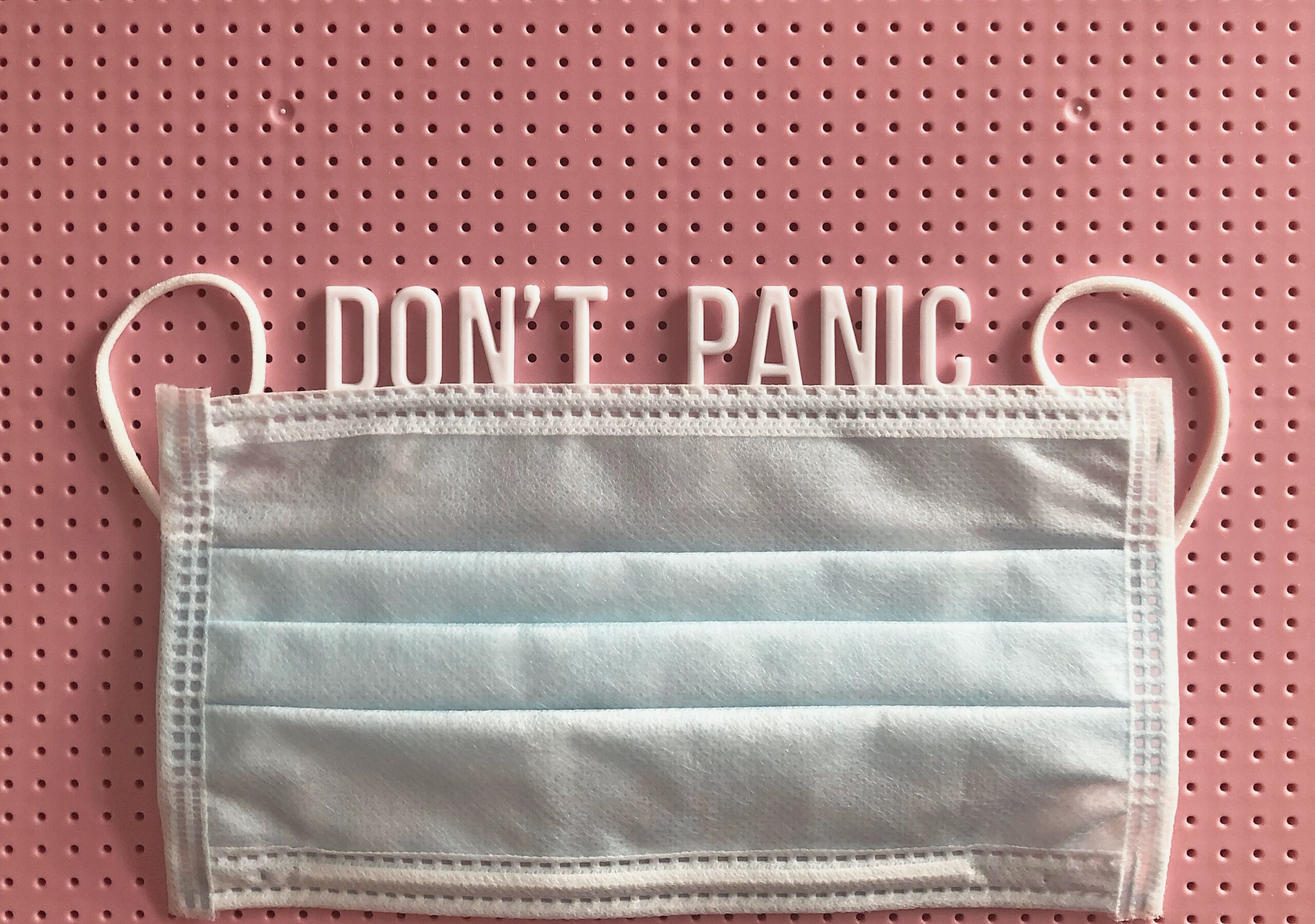If you love drinking, then you’re not going to like this article one bit. Science has time and again told us that excessive drinking is injurious to health. We read it on bottle labels, see it in advertisements and hear it in cautionary warnings before movies. But we dismiss it thinking there’s no harm in a pint of beer, right? Turns out, that daily pint of beer, or that end-of-workday glass of wine is making your brain shrink.
A study by University of Pennsylvania of over 36000 healthy UK residents shows that light to moderate consumption of alcohol can also alter your brain. This research dismisses all previous works that claim that moderate drinking can reduce the risk of diabetes and heart disease.

What does the study say?
The study says that there is a proportional relation between each glass of wine or pint of beer you consume to brain volume. This means the more you drink, the more your brain shrinks over time.
Brain shrinkage is a normal part of ageing but alcohol speeds it up. Taking the example of a 50-year-old man, the research says that as the average consumption increases from half a beer to a pint, the brain ages two years. Going from two to three ages your brain by approximately three and a half years. The scientists saw a significant change in brain volume, and gray and white matter with each additional drink.
Why does this study matter?
The study contradicts the guidelines and safe drinking limits set by most governments and scientists previously. For instance, National Institute on Alcohol Abuse and Alcoholism in UK has set the safe drinking limit at one drink per day for women and twice the same for men. Many previous works have applauded the positive effects of alcohol in reducing the risk of Type 2 Diabetes. Not only does the research nullify such claims by showing contrasting evidence, it does so with much larger datasets.
Having a large data set helps them delve deeper into the effects of alcohol and see patterns that earlier weren’t possible. Like understanding how much impact each additional drink every day can have on the human brain.
“The fact that we have such a large sample size allows us to find subtle patterns, even between drinking the equivalent of half a beer and one beer a day.”
Gideon Nave, co-author on the study and faculty member at Penn
So, the safe drinking limit is a farce?
Probably. The safe drinking limit of one drink daily is too much according to this research. The limit has been questioned earlier as well. A study by Bill and Melinda Gates Foundation claims that increased alcohol consumption accounts for 1 in 10 premature deaths in people between the ages 15 and 45. Another research by Cambridge advocates for lower safe drinking limits by stating that one daily drink could also shorten life expectancy. It also said that reducing alcohol consumption over a long term also added a few years to life expectancy at age 40.
To understand just how much the brain can age with beer, this research studied brain shrinkage caused by alcohol and compared it with regular ageing. Going from zero to one drink every day made the brain age half a year but going from zero to four made it age more than 10 years.

While researchers still haven’t found concrete evidence on what is worse: drinking 7 drinks in one day or 7 drinks every day; they did find binge drinking to be worse for the brain.
What does this mean for you?
If you love the occasional drink, you probably don’t have much to worry about. But if you end up having a drink every day, then you might want to reconsider having one today. Light to moderate drinking or binge drinking both can be harmful for you.
According to Dr Henry Krangzler, a co-author of this study, the limit of consumption matters. Being an avid wine-lover himself, he didn’t welcome the news but believes that having a drink occasionally could be a way out of this.
“If you limit your focus to the brain, it’s probably not all that concerning if someone is having a drink a day versus half a drink. As it gets above that, the risk gets more substantial.”
Dr Henry Krangzler, co-author on the study and faculty member at Penn
There’s no clarity as to how loss of brain volume causes loss of brain function yet. So it’s safe to say that one drink by itself on a random day isn’t harmful. But one drink or more every day poses a significant health risk, one that’s bad for your brain and quality of life.
As medical research advances, we will have much more insight into how what we consume affects our bodies. There’s another way to get a peek into this too: medical tests. Your test reports will help you evaluate how what you eat and drink has helped or harmed you. A doctor can correctly evaluate your reports to guide you towards a healthy lifestyle.
Not sure if science can tell you how much you should drink and when just yet. But it definitely has told you that visiting a doctor and getting regular health check-ups will help you stay healthier. Good thing your Even plan already covers all of it. In fact, Team Even encourages you to visit the doctors as many times as you want. You don’t have to take our word for it, just contact us for any query anytime, and try for yourself.



